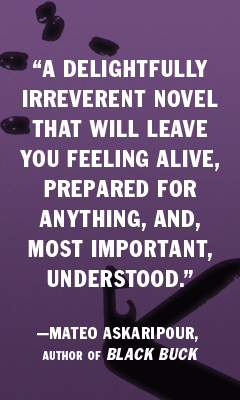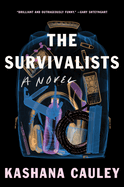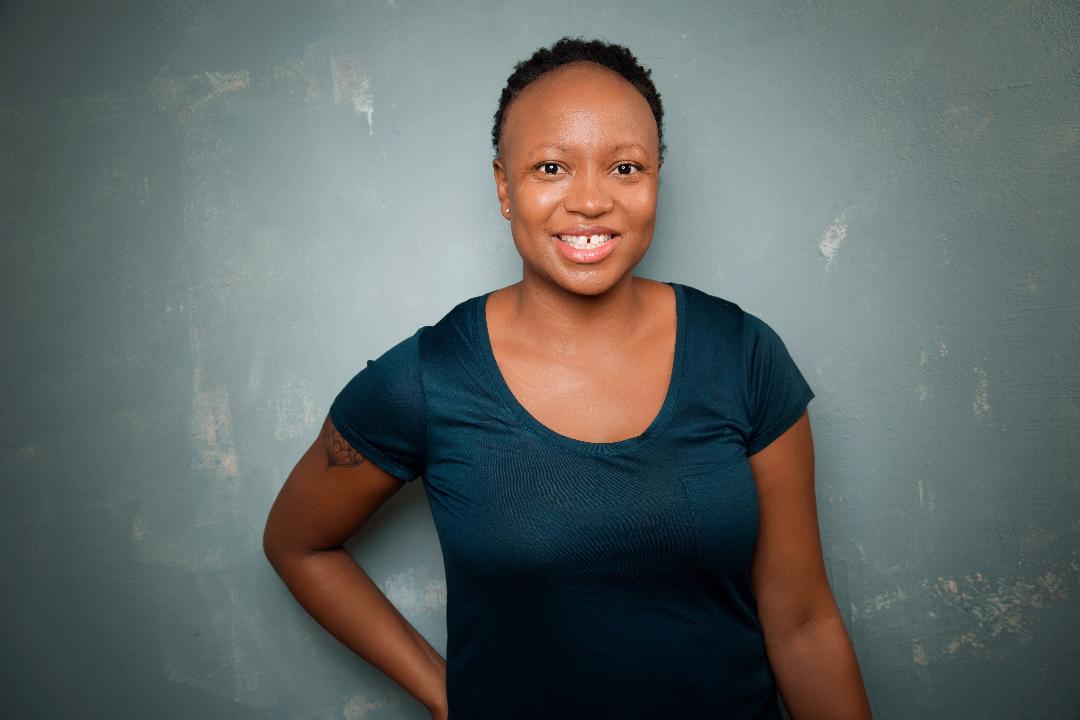The Survivalists
by Kashana Cauley
"I don't think there's anything wrong with having a plan," asserts Aretha, the protagonist of Kashana Cauley's captivating and wholly original debut novel, The Survivalists. Those words weave and bind their way through the story and take on new, imaginative and often darkly comic meaning with each passing chapter. The Survivalists welcomes readers into a world that many may not have known existed but will want more of by the time the last page is read--the world of the young, Black, urban prepper. A prepper, or survivalist, is someone who prepares for cataclysmic disasters by creating a plan and stockpiling resources, and this novel provides an immersive experience into the lifestyle.
The main character of the novel, Aretha, is a young Black lawyer on the fast track up the corporate ladder. She is living her dream--chasing after success--or so she thinks, until she meets charming coffee-entrepreneur and brownstone-owning Aaron. Of course, there's a slight catch, as Aaron also embraces the rather unconventional life of a doomsday prepper, along with all of the illegal-gun-stockpiling, bunker-building and optimized soy protein-eating that it entails.
However, their connection is very real--even from their first date, when "the conversation shifted, allowing her to feel the warm glow of interrupting her sometimes lonely lifestyle to temporarily entertain living some other way"--and Aretha and Aaron soon fall for each other, with the city of Brooklyn acting as the perfect backdrop to their budding relationship. Cauley is very skilled at setting the scene and showcasing their urban environment, with evocative descriptions of life in the city for two young people in love: "They walked east to one of the Trini food stands of Bed-Stuy, bet each other on how much scotch bonnet pepper sauce they could stand to put in their doubles and walked home under the spell of their pulsating mouths." With such tender scenes of absolute, liberating bliss and belonging, it is no wonder that, despite the misgivings of one of her closest friends, Aretha soon moves in with Aaron and his prepper roommates.
What follows is a darkly humorous, sometimes tense, sequence of events that examines the many ways in which lives can go wrong. Nothing is off-limits: love, friendship, the housing market and the politics of gun ownership, to name a few. Most importantly, The Survivalists explores the myth of the American Dream and the teetering definition of success within a system that is designed to accept all sacrifices without coming through with the implied rewards. These feelings of disenfranchisement and abandonment (several characters experienced the trauma of Hurricane Sandy) explain the lure of the prepper world: "The community had all the people who'd been kicked out of polite society... or at least had the good sense to reject it on nights and weekends."
As her professional life falls apart around her, Aretha throws herself into this new world in which she finds herself, questioning her own code of morality while alienating longtime friends. The action culminates when she finds herself in a situation that is incredibly far removed from her very recent past life--selling guns illegally. The resolution of the many various conflicts is creative and unexpected and will not disappoint readers.
Cauley's previous life as a corporate lawyer and experience as a television comedy writer (for such shows as the The Great North on Fox and The Daily Show with Trevor Noah) do much to add nuance and insight to the story. The descriptions of Aretha's life as a lawyer are filled with insider nods that are rich with intimate details, such as this observation by Aretha as she walks through her office: "Wave to the deal lawyers and the tax lawyers all the way down to her office in litigation, a medium-sized square that signaled her place in the middle of the associate ranks." Additionally, Cauley's witty and empathetic treatment of the prepper community humanizes a group that is often misunderstood and ostracized in society and tells their story in a relatable way.
The Survivalists tackles race and class relations, privilege and politics but is, at its heart, a story about survival--for preppers and non-preppers alike. With great nuance and raw honesty, it questions what "survival" means for today's generation, facing racial injustice, climate change, a global pandemic and the depressing realization that, no matter how hard they work, most of them will not be able to own their own homes. What does survival look like for a young Black woman, whose dreams of corporate success are unraveling rapidly before her, in a society that never fully accepts her?
Laced with elements of crime, palpable suspense, witty banter and fascinating characters, The Survivalists will appeal to readers of many genres. Kashana Cauley, an insightfully sharp writer, has written a novel that will entertain, captivate and stimulate thoughtful discussion. --Grace Rajendran



.png)




